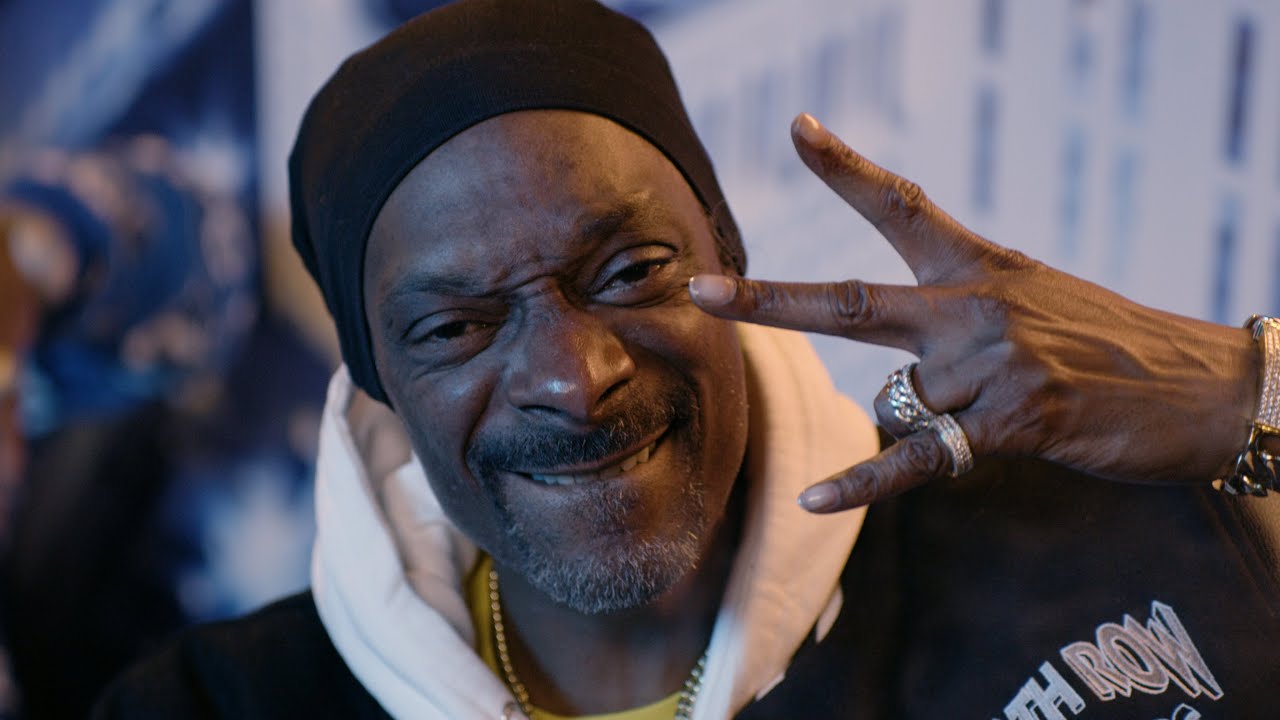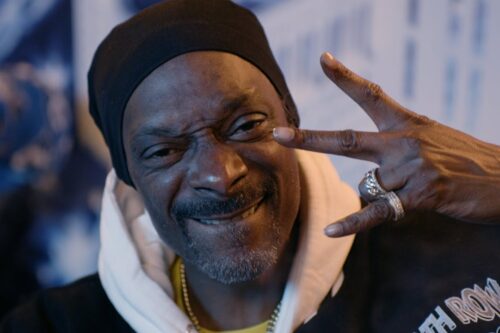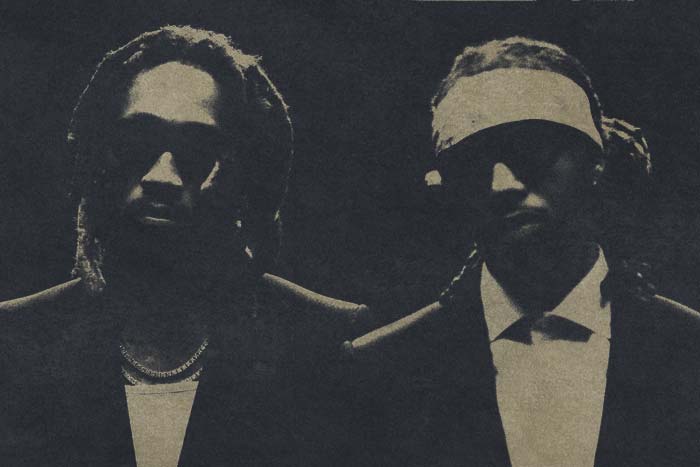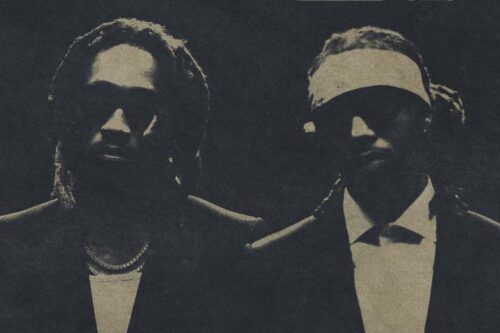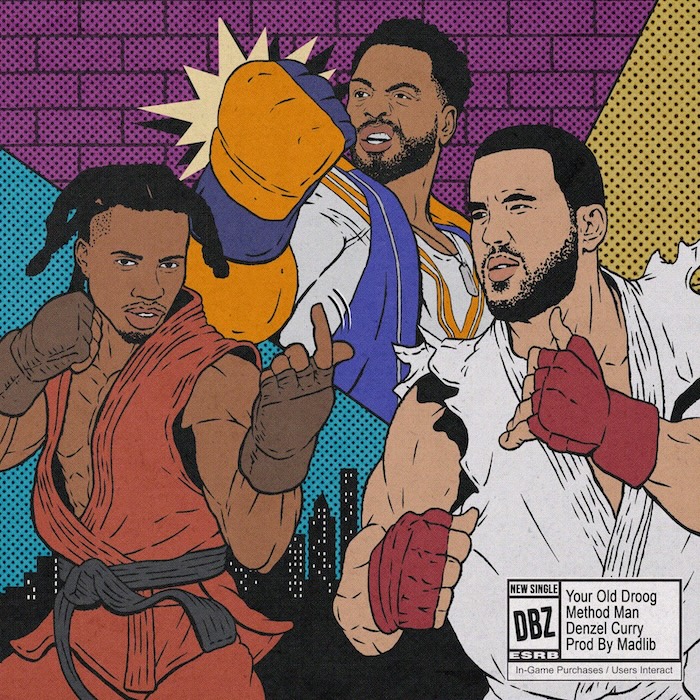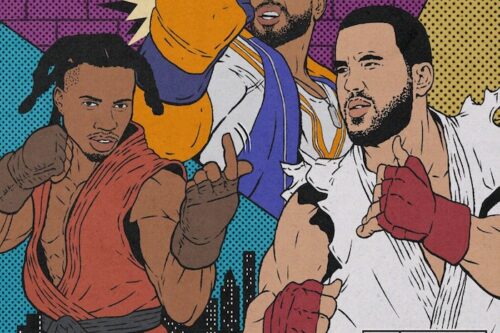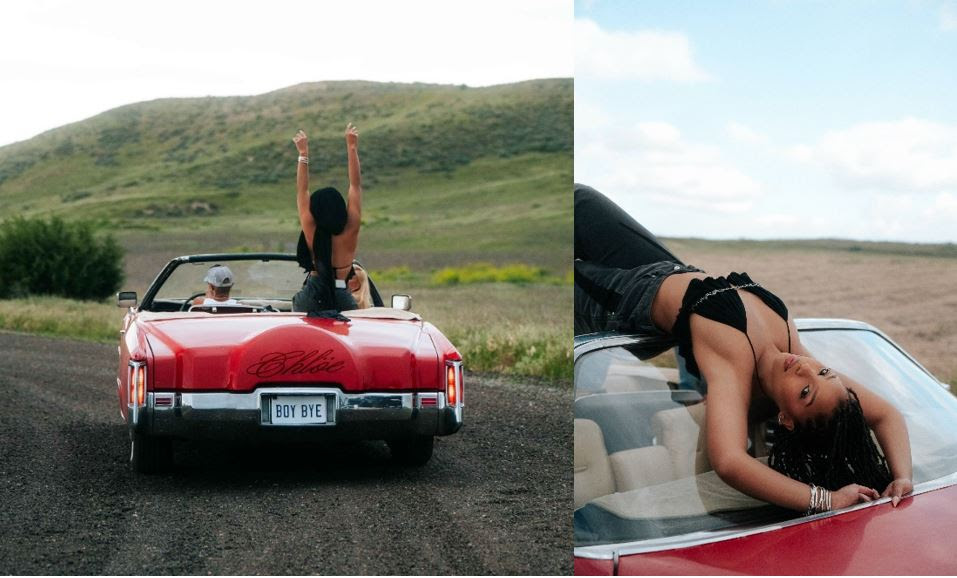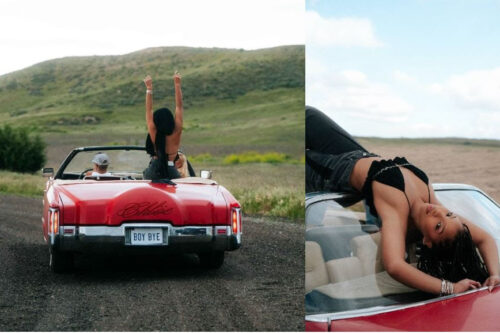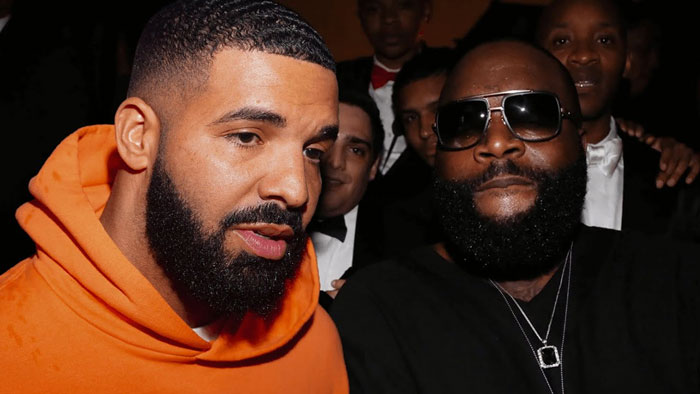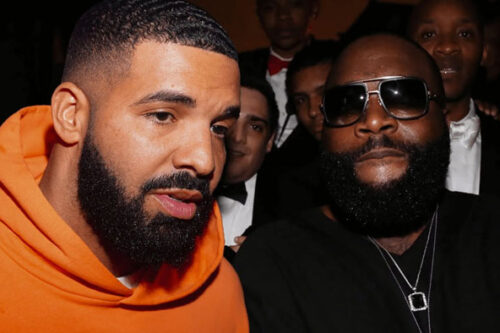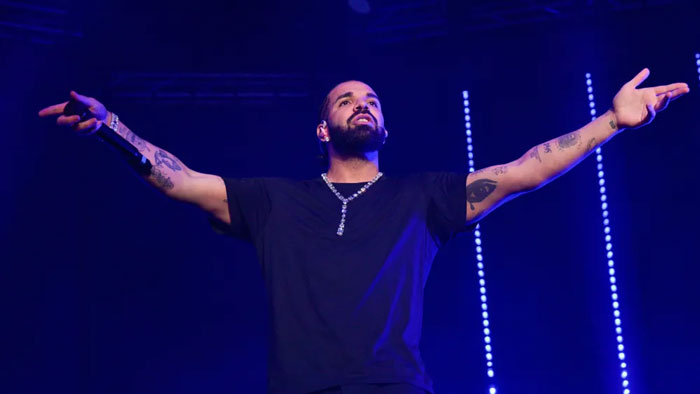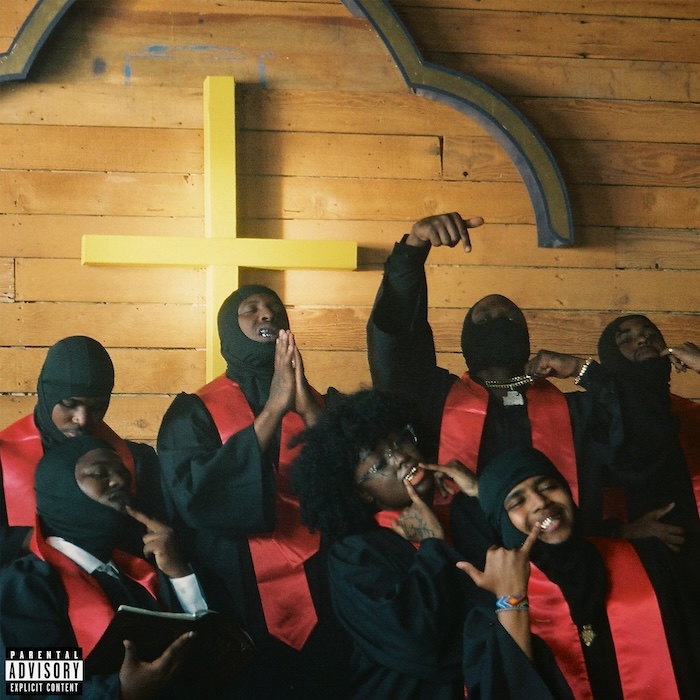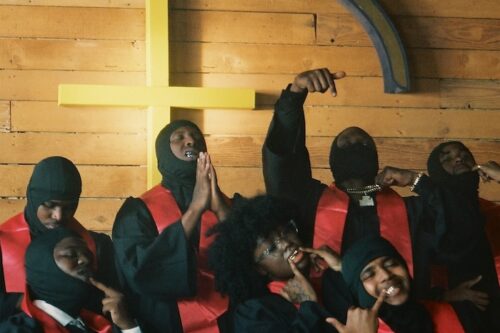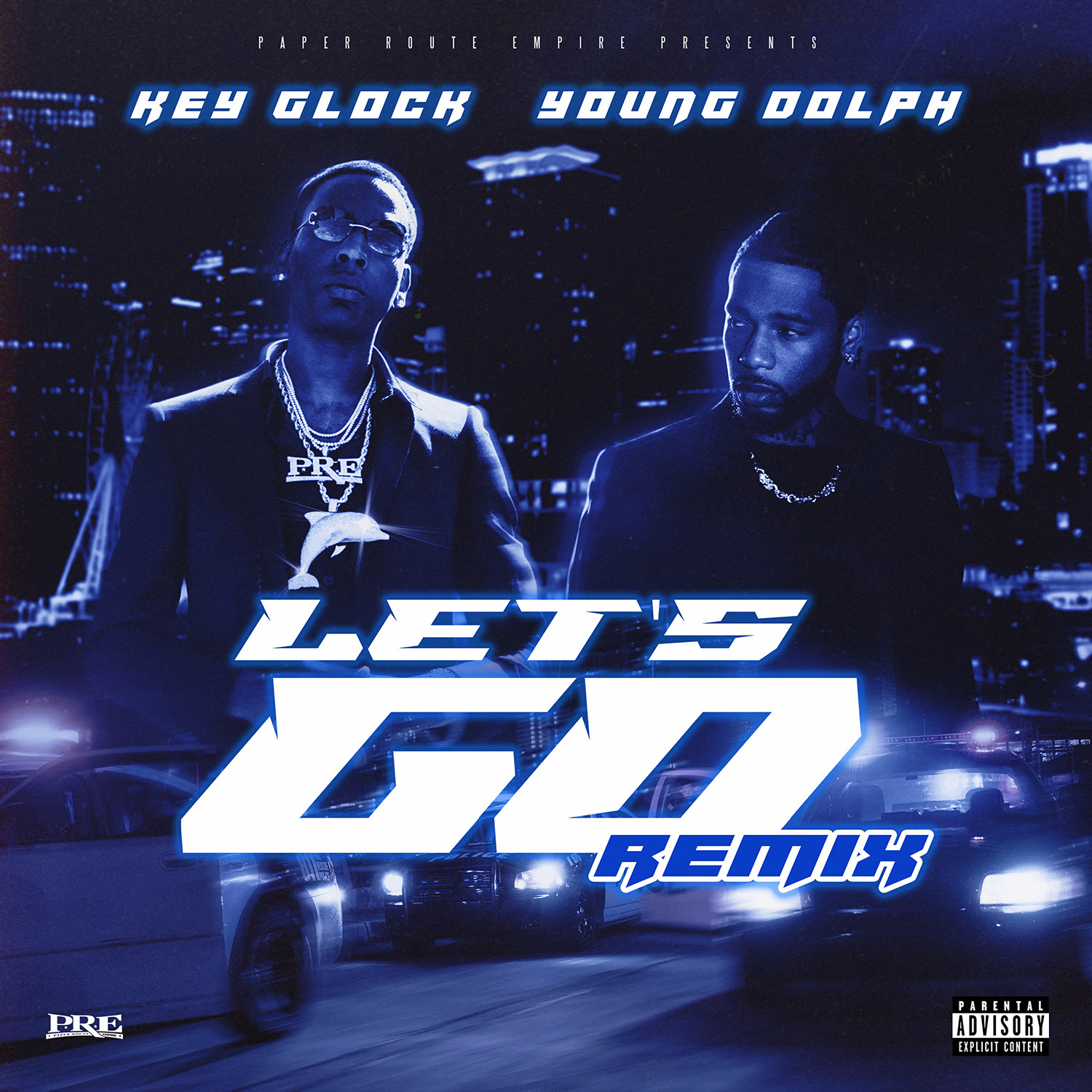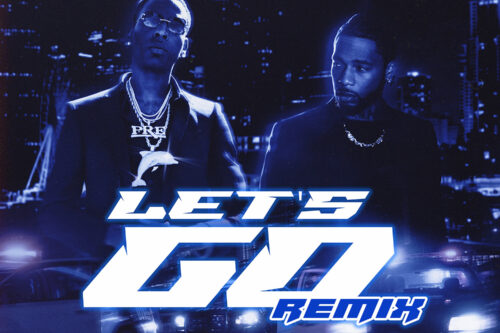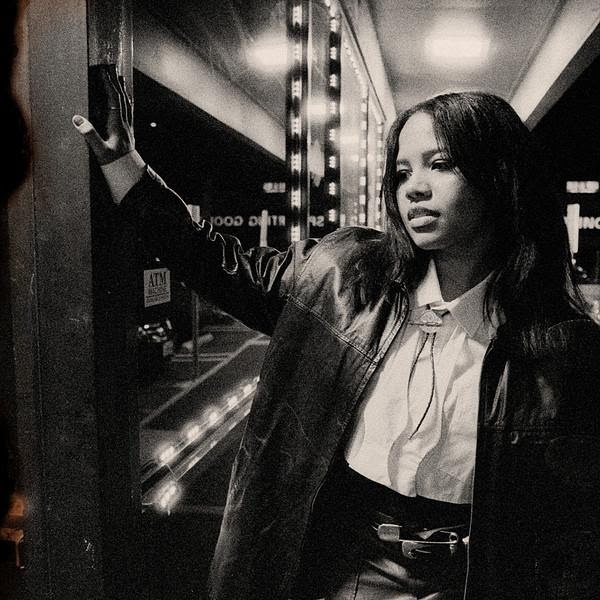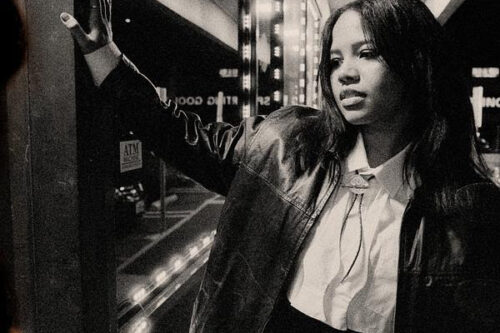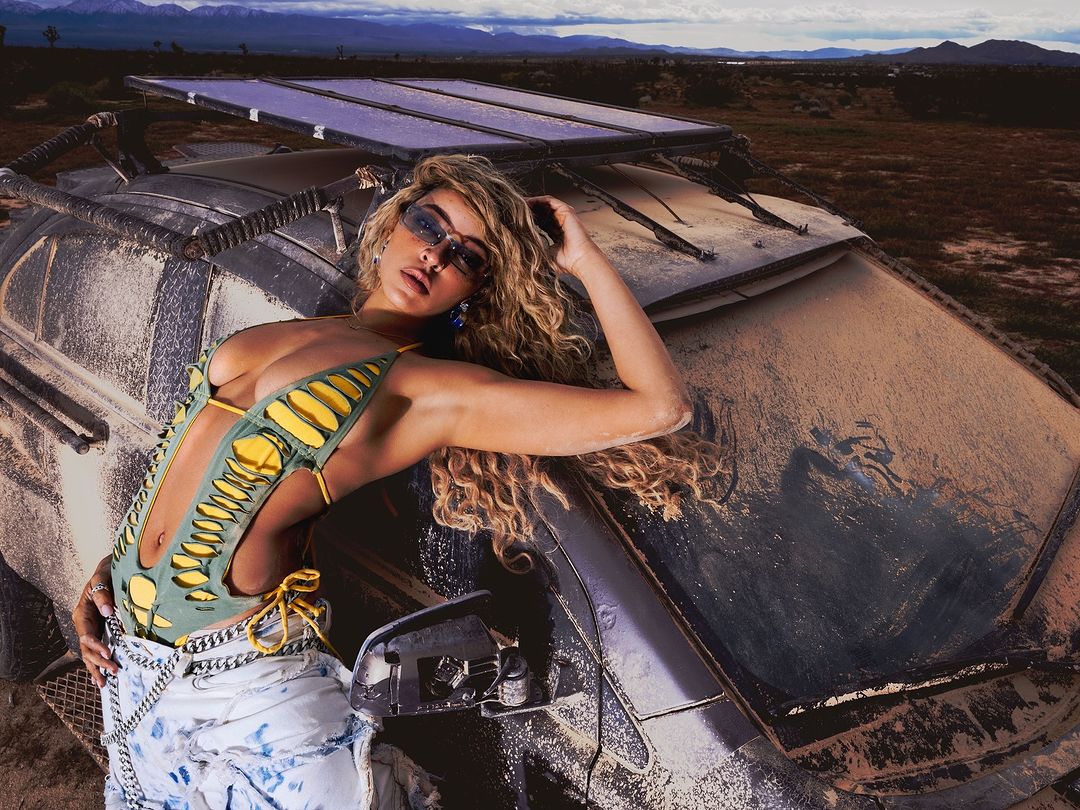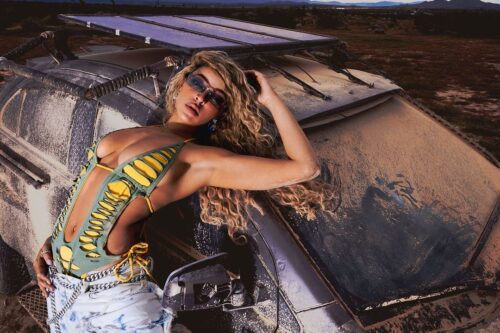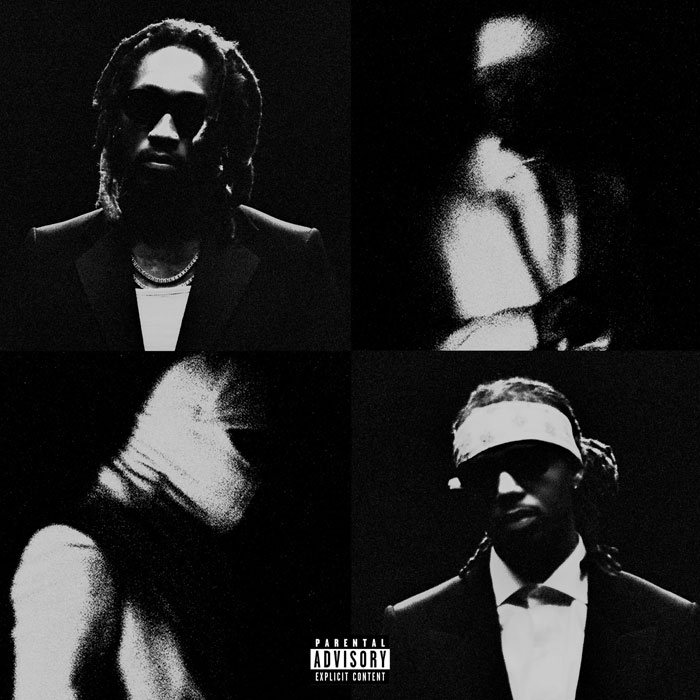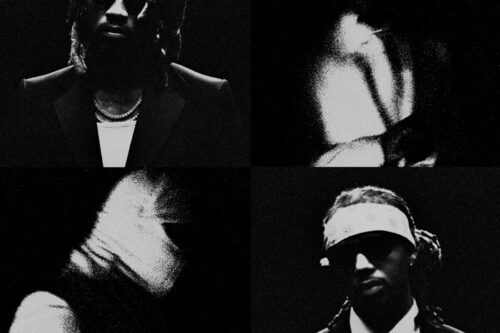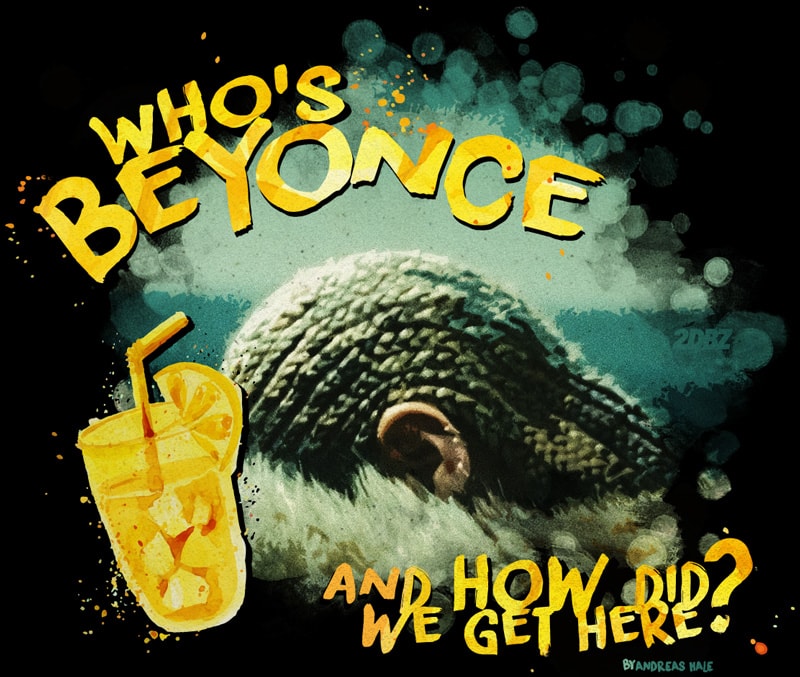
Let’s get this out of the way: Beyonce has become the quintessential pop icon in the face of a coopted world where celebrity is objective and dependent on your social media following and how long you can survive during your 15 minutes of fame. She’s carving out a legacy so that she can be spoken in the same paragraph as the likes of Prince and Michael Jackson once her time on this planet is up. More so Michael Jackson than Prince because of her taste for the grandiose performance art while Prince was more about the art of performing. Either way, she’s figured out the art of creating events with her music and thrives in the monolithic while still controlling the art of privacy and possession. Where other artists spring a leak at any given moment, Beyonce is like a titanium vault that’s guarded by the earth’s most terrifying forces. Suffice to say, you’ll only hear about her music and her life when she’s ready for you to hear about it.
Her latest album and accompanying visual piece, Lemonade, is the Queen Bey at her most vulnerable and introspective while, apparently, gliding away from her bubble gum tactics of pleasing the mainstream in favor of nodding poignantly at her heritage and culture. Her project is forcefully candid while the visuals arguably speak louder than anything said on record. For years I have wondered who Beyonce is. And although I’m still not 100% sure that this is who she is and not pandering to an audience during the “blackness is cool” phase we’re currently living through, I’ll enjoy the ride.
But, gotdamn, can I at least enjoy the album once before social media does its best to make me hate it?
Full disclaimer, I was ringside at UFC 197 the night that Lemonade premiered on HBO. I didn’t listen to the album until a full day later. And being as though I’m not the biggest Beyonce fan, I wasn’t in a rush to hear it but considering that all things Beyonce have become appointment listening, I had to carve time out of my schedule to make sure I digested the album multiple times before writing anything about it. But my first reaction was one of annoyance considering that endless praise that flooded my timeline within minutes of the hour-long video ended. You know, the terms “classic” were tossed around along with the notion that “if Lemonade doesn’t win a Grammy, we riot.” It was a case of too much, too soon.

To drive my point home, those hasty reactions are the reason why Chef Rachel Ray was annihilated on social media instead of designer (and Jay Z conqueror?) Rachel Roy. It’s carelessness and a pure lack of processing that leads to knee jerk reactions such as this. But that’s the real-time society we live in, whether we like it or not. It’s new so the reactions live in hyperbole. It needs to marinate for a couple of weeks and pulled out of the element of controversy before we decide just how good it really is.
Being a music writer for over a decade, it’s rare that an album of this magnitude is listened to by the masses well before I get to it. So I never really knew what it was like to be engulfed by the hype and how it made me feel before putting an ear on it. I’ve gotta say that I really, really, really hate it. I was predisposed to not liking Beyonce’s album and I needed to rinse my mind clean before I listened to it. It’s like reading multiple movie reviews before seeing a movie. If the reviews trash it, you’re going to look for all of the faults before you accept what it does right. It’s human nature to have our perception curved by others before we experience it ourselves. Unfortunately, that can really damage an album by overhyping it. Honestly, there are people who don’t like Beyonce simply because everyone adores her so much. And I totally understand it. It’s not fair, but it is what it is.
With that being said, Lemonade is quite the exceptional album from Beyonce. However, I must say that I listened to the album before watching the feature on HBO and can state that the experience was heightened quite a bit once I watched the hour-long video.
Beyonce’s vulnerable exploration of marriage, infidelity and feminism go a long way on Lemonade considering that she’s lived most of her life guarded from the public. She’s been a vessel for music and little more. Not that it’s a bad thing, but trying to read who Beyonce is has become quite the challenge. Up until recently she’s been about as vanilla as an artist can be. But over the past few years, layers have been peeled off of Beyonce and it appears we’re starting to get a sense of who the woman is instead of the pop icon. But as calculated as Beyonce is, it will always be difficult to figure out if she’s really putting her cards on the table or if she’s accommodating what she feels is necessary to sell records. Nevertheless, what she has laid out here is courageous given her stature.
Traversing the landscape of infidelity to reconciliation is nothing new. However, with an artist as big as Beyonce, who is married to a man as big as Jay Z, this becomes a vehicle down a road very, very few of us have traveled. It’s like uncovering the magic bullet that shot JFK, except that the magic bullet is the magic slap that Solange delivered to Jay Z in that elevator a couple of years ago. And thanks to the relentless BeyHive, the undressing of the situation has been pulled into the spotlight.
The opening lines of “Pray You Catch Me” where Beyonce sings “You can taste the dishonesty/It’s all over your breath” is gasp inducing. Immediately the mind wonders if she’s telling a story from the third person or speaking on personal experience. Initially, you may think it’s the former but as the album lingers on (and the visuals confirm), this is about her marriage. It’s a somber tune to open up the album, but it sets the tone for the personal journey Mrs. Carter is allowing us to ride shotgun through. “Hold Up” and it’s sample of “Can’t Get Used to Losing You” has a wicked bounce but Beyonce manages her vocal inflections to reflect that there is trouble in paradise. Offering to “fuck up a bitch” is an eyebrow rising moment from a woman who used to appear to be controlled by corporate sponsors.
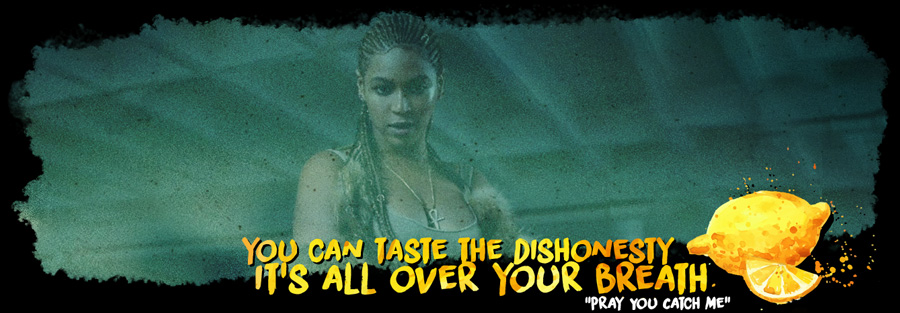
Her angst continues to surge on the Jack White assisted “Don’t Hurt Yourself.” The vocal distortion and songwriting lend credence to what is perhaps the most badass song on the album. A curious collaboration initially turns out to be perfect for the situation as scattering drums, haunting vocals and plunky bass allow Beyonce to flex. What’s impressive about Lemonade is how well Beyonce is able to control her voice. For a singer that has been known to overdo it at times, she’s completely in control of her element here and knows exactly when to crank up the intensity on her vocals or allow them to float on their own.
Lemonade finds Beyonce collaborating with the likes of Jack White, James Blake, Kendrick Lamar and The Weeknd. While they all work for the most part, The Weeknd being featured on “6 Inch” feels unnecessary. His airy falsetto pulls you out of the element and does more to distract than add to the album’s cohesion.
These songs, standing on their own, are quality Beyonce, whatever that means. But when sequenced out with the visuals, their impact becomes infinitely more significant. Interspersing the poetry of Warsan Shire between the songs and visuals that are strengthened by images of Southern hospitality, African culture, the current racial climate of America, femininity and, perhaps most importantly, the indescribable power of the black woman. Although not on the album, the Malcolm X speech where the civil rights leader says, “The most disrespected person in America is the black woman. The most unprotected person in America is the black woman. The most neglected person in America is the black woman,” is poignant and powerful. But it’s also interesting just how much Beyonce has changed (or opened up) over the years.
Trying to draw a map to figure out how Beyonce got to this point of spiritual and cultural consciousness is a daunting task that is almost impossible to figure out.
I remember in an interview years ago with Questlove, we began to have a conversation about Beyonce for reasons I cannot recall to this day. Mind you, Questlove and I don’t have any kind of relationship and I’m sure he has no clue who I am. However, we had this off the record conversation about Beyonce and her affinity for soul music and black culture. I’m not exactly sure how it started but it probably had something to do with me asking about black artists becoming colorless the higher up the popularity food chain they go. He told me about the conversations he had with Beyonce about Billie Holiday and Ella Fitzgerald and assured me that there’s a side of Beyonce we haven’t seen. This interview was almost a decade ago. And now, years later, Beyonce has evolved into whatever it is that Questlove said she would be.
With a guest list for the visual album that includes Serena Williams (who is twerking, gotdammit!) actresses Quvenzhané Wallis, Amandla Stenberg and Zendaya along with Sabrina Fulton (Trayvon Martin’s mother) and Lesley McSpadden (mother of Michael Brown), it’s clear that Beyonce has an agenda here. And for African American woman who feel that they’ve been stepped on by society, having a pop star recognize race and thump her chest when it may be considered “race baiting” by conservative morons is quite the courageous feat.
Lemonade is not as perfect as it has been made out to be by social media and it has its lesser than moments (“Love Drought” and the aforementioned “6 Inch”) but it certainly is Beyonce’s most personal album to date. She’s vulnerable (“Sandcastles”), forgiving (“All Night”) and liberating (“Freedom” with a stellar guest appearance from Kendrick Lamar). But it’s really about her ability to seep into the consciousness of women who have dealt with a similar situation coupled with how she’s rolled down the window to her expensive vehicle of choice to show you that she’s just as human as the rest of us that has the world buzzing.
Whatever the hell Jay Z did, it has brought out the best in Beyonce as an artist. She’s clearly an affected woman who is projecting herself in ways she hasn’t before. Of course, the BeyHive is going to bang their drum to suggest that this is the greatest album in the history of albums, but that idea should be tempered. It’s a very good album. It’s great if you put it into the context of who Beyonce has been over the years. And if it speaks to you, then it just might be your classic. Hopefully, this version of Beyonce is here to stay and we don’t get a version next year that is all about going green in gospel or fighting for animal rights over Salsa music.

